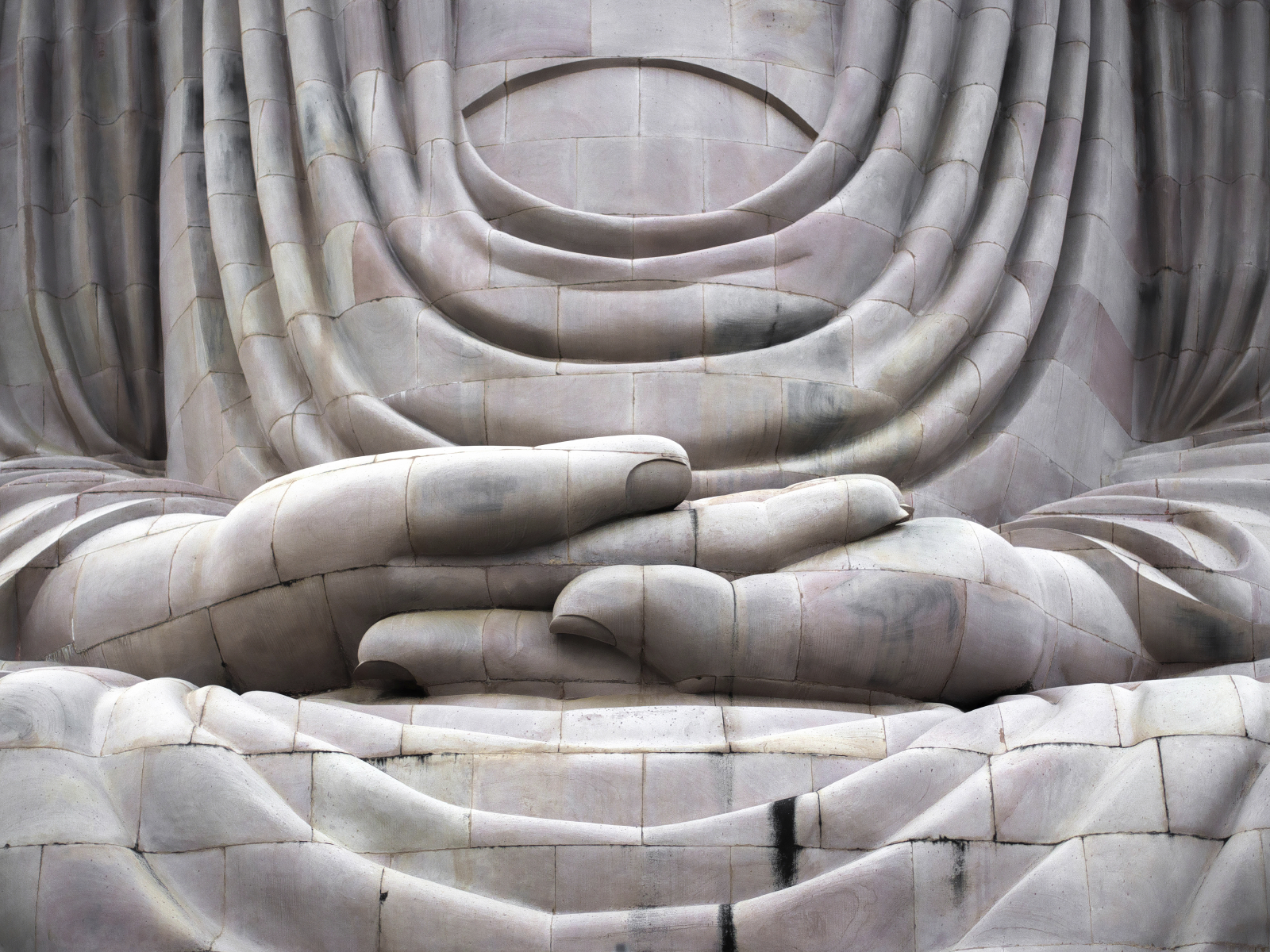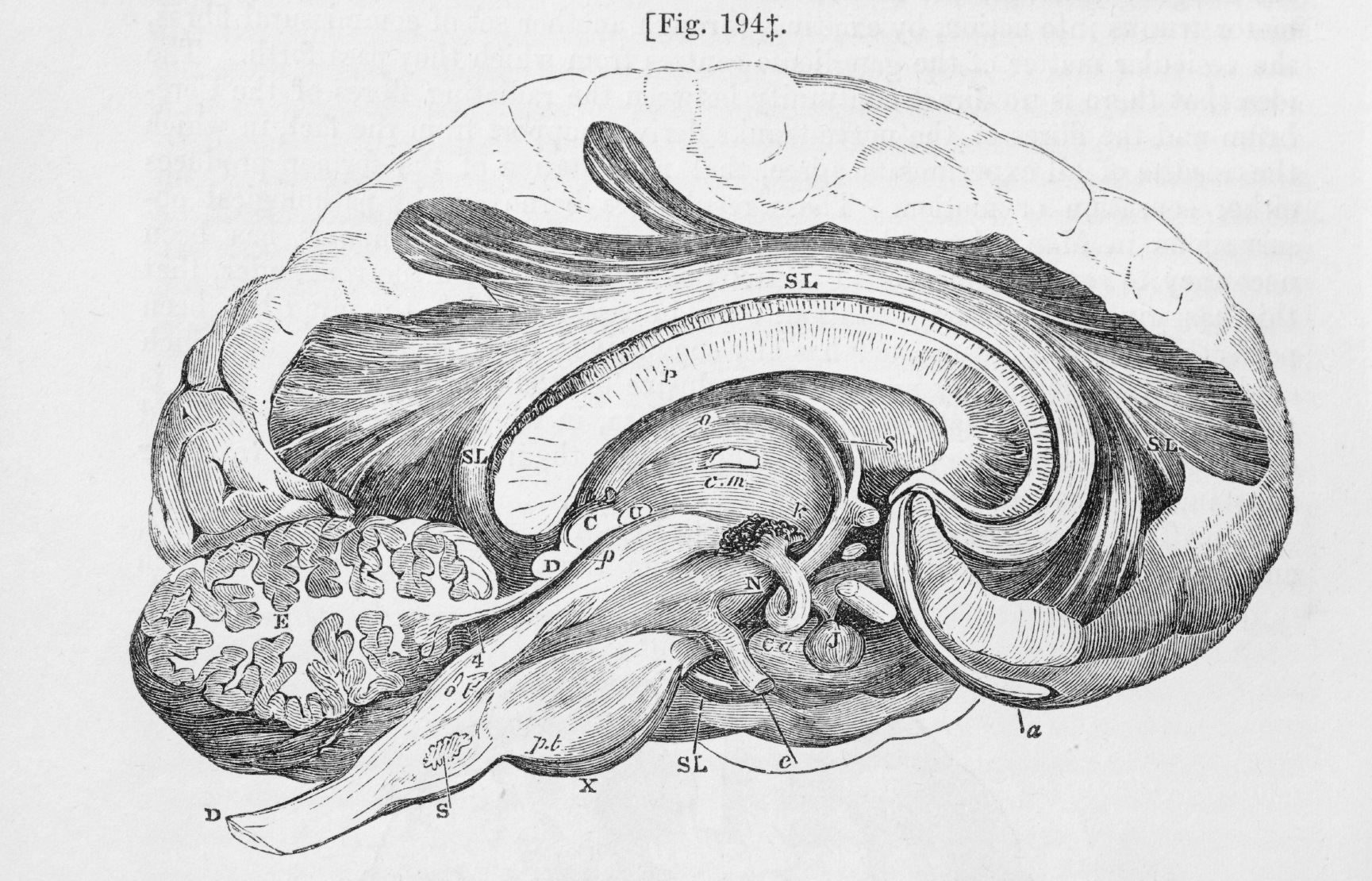Do you need to be dissatisfied in life to be driven to succeed? Is satisfaction a lame, insipid word to you that means giving up, and just settling for mediocre when we should be going for bigger, faster, better, stronger, harder? In fact, does satisfaction even exist, or do we always want for more? And, are these key reasons so many of us suffer from bouts of Chronic Dissatisfaction (CD) – because satisfaction is equated with stopping half way up the mountain, lazy, complacent, a cop-out?
This is the third installment in the Chronic Dissatisfaction Series. If you haven’t read it, start at the first installment.
Let’s get truthful – if you achieved all your dreams today would you even want to declare to the world
“I am satisfied!”
Or would that seem like a declaration of giving up on getting something better, something more.
Choreographer Martha Graham suggested that for artists at least, satisfaction isn’t even ‘a thing’. She asserted that artists need to feel dissatisfied to be driven to create
There is no satisfaction. There is only a queer divine dissatisfaction. A blessed unrest that keeps us marching and makes us more alive than the others.
Also, putting it rather strongly, playwright George Bernard Shaw famously wrote
As long as I have a want, I have a reason for living. Satisfaction is death.
Wow, right? You can’t get a better reason for staying steadfastly dissatisfied than to see satisfaction as emotional death! Of course, Shaw’s talking about the emotional and creative side of life. He’s suggesting it’s not a rewarding artistic life if you tell the Muse “Piss off, I’ve done enough!” Art would cease, although life would go on, but it would be a pale life without any art.
I question however, how much we must suffer to be artistically blissful and in flow. I’m proof that I am a happier person, and a better artist, when I relinquish artistic ‘suffering’. Dissatisfaction lurks in the background during every artistic endeavour and in every editing process. However, it’s no longer the underpinning emotional state of my world. Now it’s more often a cause for consideration and a tool of reflection. I use it as a guide to where I am. I don’t let dissatisfaction hold too much power over my mood. When I do, I find that my productivity and flow suffer.
To enjoy expanding our experiences, to try new things and overcome anxieties, we must put perfectionism and dissatisfaction aside. It’s natural to feel dissatisfied with your efforts at times. It’s particularly tough at first, but we don’t improve unless we push on through, at least for a while. We must see how we progress and whether we find some flow or not. It takes time to see if you’re developing any ability and enjoyment in a field.
Ira Glass wrote that when we begin a creative pursuit we have a dream vision and high taste for it. We follow our creative bent, but because we’re a beginner our efforts generally aren’t amazing. That means it’s very easy to decide you’re no good and stop out of dissatisfaction, before you get going. This is the dark potential of dissatisfaction – it can paralyse you and steal your joy, creative vision, energy, and excitement.
Glass noted that a beginner’s skills usually cannot match their good taste for the thing they love. It is through developing a body of work that our abilities catch up to our vision and taste. From this perspective, periods of dissatisfaction are normal stages of personal and professional development. We must tolerate dissatisfaction rather than be smashed by it. Otherwise, we will give up too soon.
It seems that one problem with satisfaction lays in the fact that satisfaction has two distinct flavours of meaning. Like most things, what matters is what it means to you.
Definitions of satisfaction include ‘A state of being pleased, well-pleased, proud, happy and content’. Great. However , there’s the shadow-side – satisfaction can also mean – ‘a state of being smug, pleased with oneself, complacent, settling for’.
Hmm…sounds undesirable…
Clearly in some contexts satisfaction is perceived as downright dull, too pleased with itself and even lazy. It’s associated with settling for mediocrity. It’s sometimes seen as being too lazy or scared to strive on.
Is the word ‘satisfaction’ just too insipid, lukewarm, and anti-passionate to be desirable to you?
I’m not so sure it’s shameful or mediocre to say ‘I’m satisfied and I’m proud to be satisfied’ but I know many success-driven individuals disagree vehemently with that. Dissatisfaction is frequently couched as bleakly romantic, full of desire, reaching and…suffering nobly for more, more, more. The idea of ‘no gain without pain’ essentially means that insatiable desire for more must be accompanied or even driven by unrelenting suffering.
Do not doubt it – CD can be a motivating force. Notably, dissatisfaction can mean we always have something to do. We are not meaningless because dissatisfaction delivers us from the fear of being purposeless – gives us an all-consuming, never-ending battle to fight – a reason to strive, fight on, a reason to be. CD can give you something to live for. So long as the misery and frustration of CD motivates you, rather than paralysing you in misery, it can be useful.
But would it not be more powerful, more motivating, and ultimately peaceful, to start from a base of freedom and acceptance of ourselves. To start from full ownership of our strengths and gifts then reach for more, motivated to work, to do better, to grow for the joy of our own experience and from the expression of our souls, rather than to fill an aching unfillable hole?
Can you note CD and harness it to other more powerful, pleasurable forces, to propel you forward in ways that aren’t all about romancing stress and suffering? Ultimately, the question is – Can dissatisfaction, passionate motivation and peace in your soul authentically coexist?
I know they can because I live with them every day. We can face CD head-on, listen to its messages, gain insight into ourselves and our choices and enrol its help and energy for growth, instead of becoming bitter in cycles of perfectionism, low self-esteem, and exhaustion. I’ve never seen anyone truly thrive in the long-term by only focussing on how unsatisfactory their world is, how faulty or no-good they think they are, or how little they have. Always, the growth, the joy, the passion come out of finding what you love, what matters most, and focussing on the pull of the vision, of your desires.
What if rather than satisfaction, our goal was passionate acceptance of ourselves and of life – a paradoxical state where passionate action, inspiration and peak experiences culminate in deep contentment and internal quiet?
Ultimately, contentment and peace won’t come from focussing on the pain of dissatisfaction, self-judgment, or anger at what you don’t have. Those emotions may be an impetus for forward movement – that’s a great and powerful use of feelings – but they are not life-sustaining emotions. Anger and dissatisfaction will never be at the culmination of our self-awareness because they generate resentment, and resentment is a sticking place. Finding deep pleasure, self-acceptance, connection, and flow are more powerful motivators than obsessive dissatisfaction can ever be.
So, motivating force, warning mechanism and/or vicious inner critical voice – dissatisfaction can rise up in many guises and for many reasons. How do you know when your satisfaction is serving you and when it’s nothing but paralysing self-doubt and fear?
Getting to know your own personal brand of dissatisfaction, being able to interpret its messages is a self-awareness skill. Sometimes CD has an important message for you, telling you you’re off track and out of alignment with your desires. At other times, when you’re being so hard on yourself you’re getting paralysed by fear, CD is talking out of place, telling you the same old tired, self-defeating stories that serve nothing. It takes self-awareness, mindfulness, and practice to know the difference.
It’s a life skill to get to know and accept CD as an uncomfortable companion, because even for the most Zen amongst us, it’s a part of ourselves we’ll face and need to deal with sometime. You don’t have to like your CD, but you may as well accept it exists and get on with being a human.
Knowing the reasons behind your CD is not always straight forward, it can be quite elusive and can shape-shift with different circumstances. If you can feel into what your CD might be trying to tell you, you have great information to help you turn it around to work for you, instead of against you.
In the next installment in this Chronic Dissatisfaction Series we’ll pull apart some common reasons behind CD. x
Going Deeper
Check out my book Lovelands on Amazon to go deeper with this and more.





